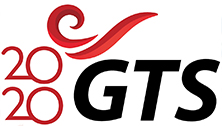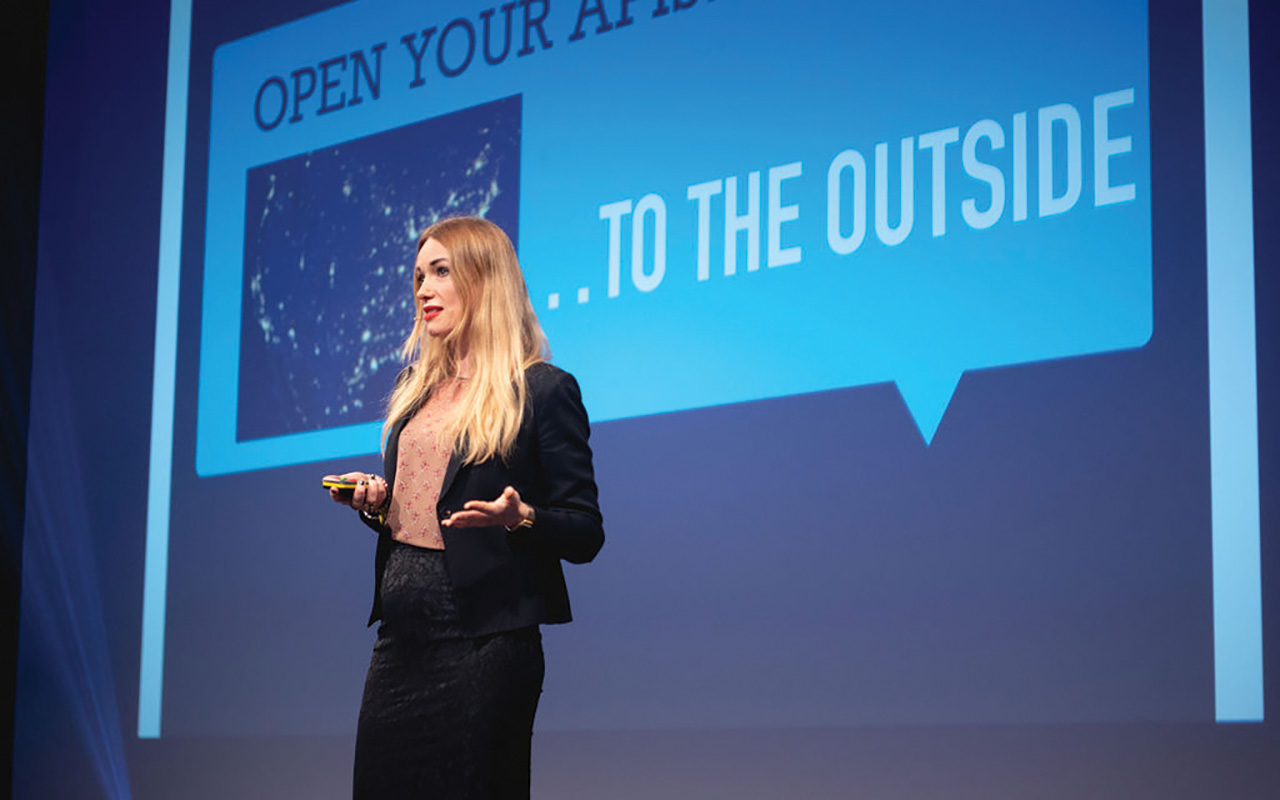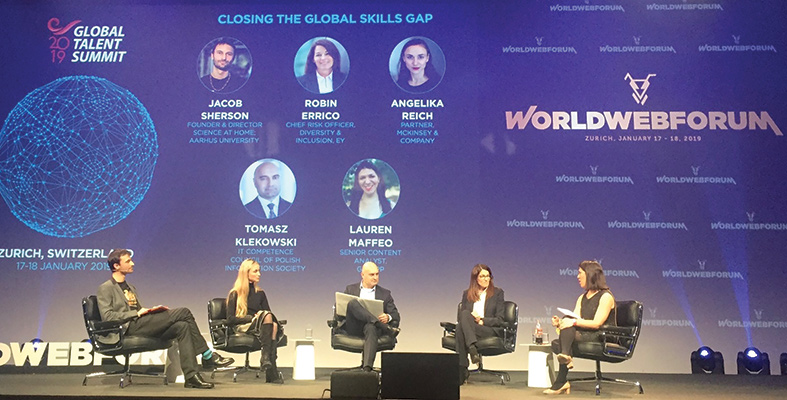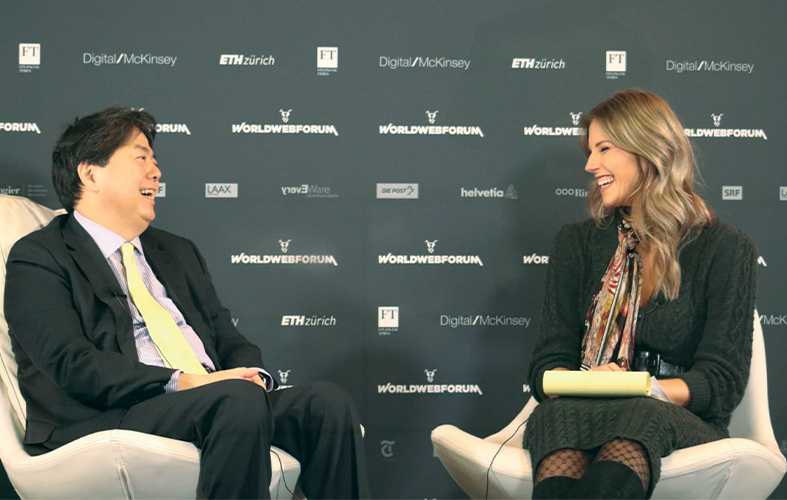GLOBAL TALENT SUMMIT
branded story

hange is constant and everything inconvenient will change,” declared Chris Luebkeman, Global Director of Arup Foresight at last year’s Global Talent Summit. How we prepare for that change will hinge in whether we are asking the right questions. We ended last year’s summit with more questions than answers. Now in its sixth year, GTS set out to convene cross-sector educators, experts, and public officials from around the world to answer the tough questions about the future of education. This year’s theme sought to answer where will we be in 30 years, and how can we prepare younger generations for the future? Here are the key takeaways.
For Generation Z, figuring out the motivations of top talent will be key in recruiting and retaining them. Global Entrepreneurial Leaders Institute (GELI) founder Annabella Peng drew attention to unique research GELI had conducted, which has found that Gen Z is dedicated to serious social causes, not mere fame or money. The employer on the panel agreed: any corporation that wants to retain top talent from this generation must invest in not only training, but in empowering employees to find meaning in their careers, said adidas Digital IT VP Sebastian Drews. Empowering employees to find a greater sense of purpose is essential to recruiting and retaining top talent from this coming-of-age generation.





The way that we learn, and our motivations for learning are shifting. Students and employees are often learning skills outside of their school or place of work—through videos, apps, forums, and more.
The workforce as we know it is currently and will continue to change dramatically. Employers will be faced with automating certain jobs, retraining for certain skills, and creating new positions altogether. Employees who do not adapt to changes and learn new skills will be left behind. According to Kelly Palmer, Chief Learning Officer of Degreed, businesses will be able to better adapt to changes in the workforce by taking an audit of skills their employees already have, and by better understanding what skills their employees are willing to learn. Understanding people’s motivations for learning, and preparing for workplace changes now will help employers stay afloat during a time of rapid changes.
Danny Laker, Lead for Innovation, AI, and Blockchain Business at Accenture, expressed the need for employers to foster an environment of learning for the people they hire by investing in the person rather than just the skillset. Most people desire to learn and grow beyond their job description instead of staying stagnant in their career. When employers support their employees’ individual passions and interests, it will encourage an environment of growth, collaboration, and constant learning in the workplace.
Blockchain and Artificial Intelligence will usher in a wave of changes in education, learning, and the workforce. Jacksón Smith, Chief Technology Officer of Learning Economy, spoke about the potential for these technologies to augment our lives and personalize the way we learn and work. Technology is constantly being updated to best serve our needs. According to Smith, the invention of the computer provided us the ability to store information, and the internet allowed us to transfer information. Now, AI has the ability to process and organize information, and blockchain has the ability to transfer value. These abilities will augment our educations and jobs, allowing us to personalize the way we learn.

